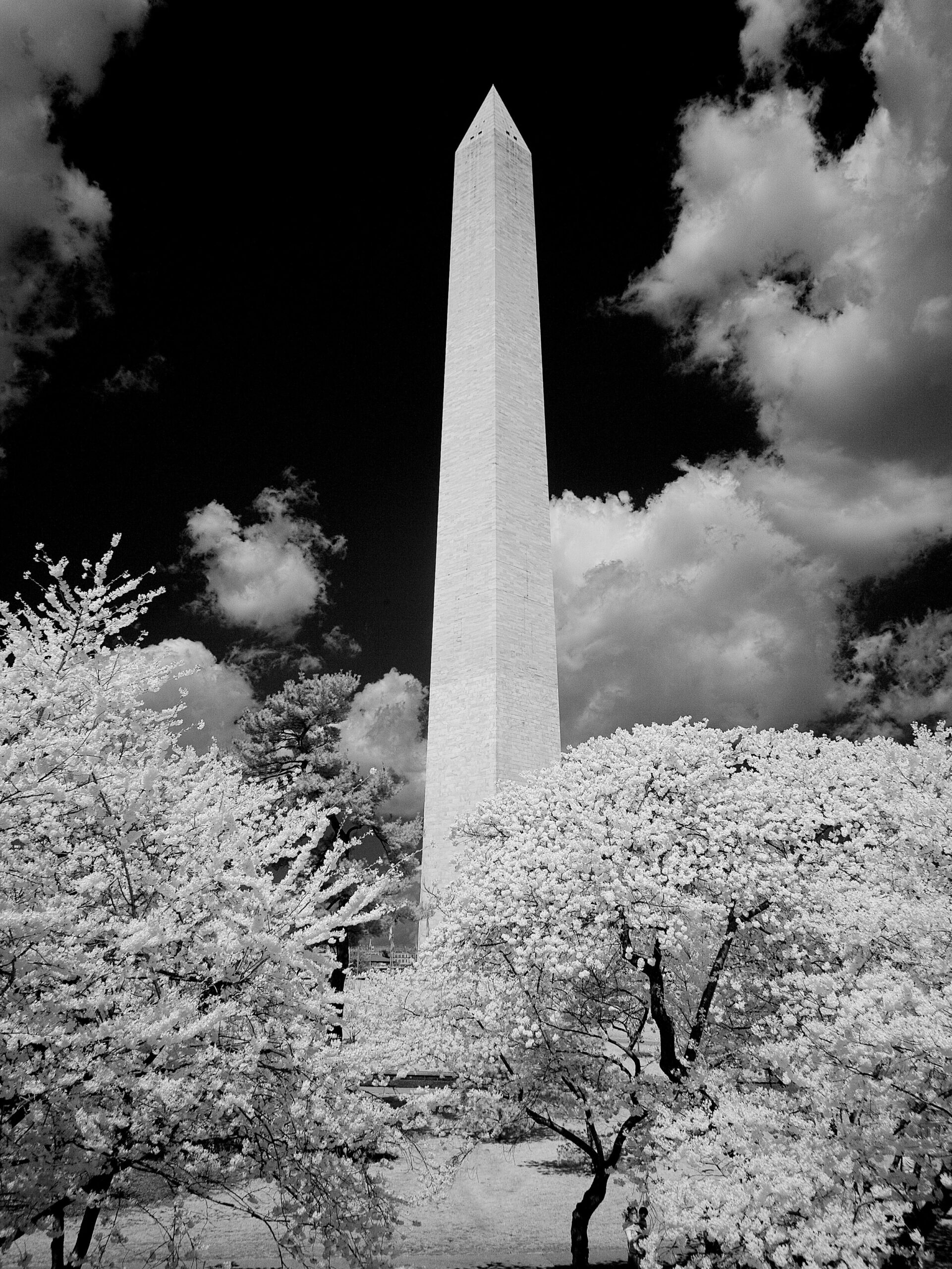
Over the past twelve months, as the nation endured a summer of social unrest, a vitriolic presidential election, and the storming of our nation’s Capitol, the only question Americans seemingly could agree on was that we as a country were more divided than ever.
Even my own think-tank’s numbers bore out the sentiment. Using private opinion methodologies to root out how Americans truly feel – rather than just what they feel comfortable reporting – Populace found that 82% of Americans believe the country was more “divided than united” with a full 41% going so far as to say the country is “extremely divided.”
But consternating to us, no one pressed forward with what felt like an imperative follow-up: Is the source of Americans’ perceived disunity the fierce debates that rage on process and planning, all in service of arriving at high-level shared goals? Or could it truly be that Americans no longer hold a common vision of what a great country should be?
Setting out to understand the subject was sensitive, if not potentially explosive. That’s why the project began with twelve months of refining first-rate private opinion methodologies that checked against problems routinely blemishing traditional public opinion research. For we weren’t in search of artificial common ground or charged, media-appealing conclusions. We were in search of capturing Americans’ actual sentiment as accurately as humanly possible.
The result was the inaugural American Aspirations Index. Released earlier this month, here is a small sample of main findings:
Agreement in National Values
Across race, gender, income, education, generational cohorts, and the 2020 presidential vote, there is stunning agreement on the long-term national values and priorities that should come to characterize America. Chief among them: high-quality healthcare as a necessity, not a privilege; an overwhelming commitment to individual rights; and upholding equal treatment for all, but not necessarily equal outcomes.
Differences are Political
Where significant differences in aspirations do emerge, they are almost entirely political in nature. And even here, the evidence suggests Americans mistake intensity of partisan disagreement on a small number of issues (e.g., immigration) for breadth of partisan disagreement across a far-ranging number of issues.
Collective Illusions
There are significant gaps between personal and perceived societal national aspirations, which pose a notable obstacle to progress. For example, there is a surprising level of support for action on climate change and conservation; however, Americans don’t recognize it. Climate action privately ranks as the third-highest personally-held national aspiration out of a full 55 possibilities; Americans believe that ‘most others’ would register climate action as a back half priority (#33).
Shared Policy Objectives
Biden voters and Trump voters share a sense of urgency around 5 policy objectives. Voters from both political camps want improvement in the near-term on healthcare, keeping communities safe, helping the middle class, modernizing infrastructure, and criminal justice reform.
For anyone involved in politics, anyone invested in a business, or even simply anyone interested in how Americans think of the future and one another, the bottom-line is this: As measured by our personally-held national aspirations, Americans are not remotely as divided as we may be led to believe. It’s time to see Americans as we are – in full nuance – not as how public opinion narratives caricature us to be.
______________________________________________________________________________________________________________________






